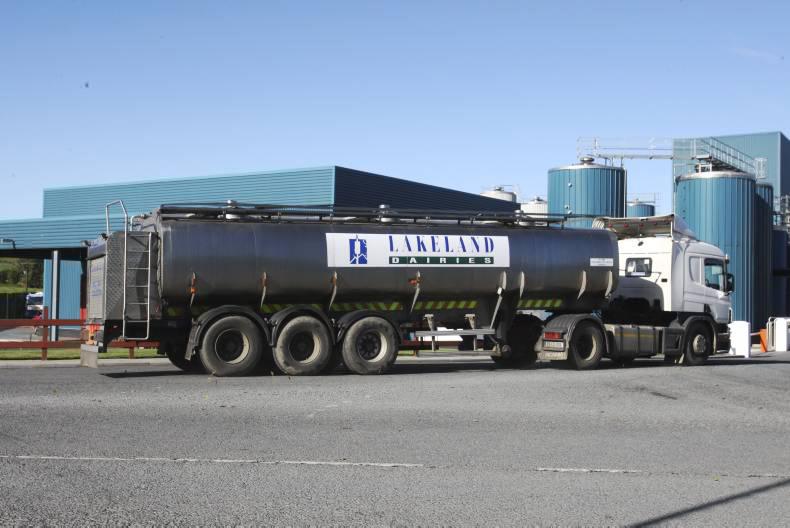In the next few weeks, it is expected that the Livestock and Meat Commission (LMC) will unveil the findings of work it has commissioned to look at the potential effect of Brexit on the redmeat sector.
Initial reports suggest the work has been extremely comprehensive, and lays out in stark terms what could lie ahead, particularly if the UK finds that it has to revert to World Trade Organisation (WTO) rules post-Brexit. But, like all other work of its kind, presumably it will focus in on opportunities, as well as the challenges brought by Brexit – the current narrative seems to have both words going hand in hand.
Personally, I struggle to see what the many opportunities really are for the NI agri-food sector around Brexit, and would challenge any local politician or industry leader to set them out in clear terms in this publication. For me, perhaps the only practical solution for NI involves the UK remaining in the customs union post-Brexit, or at least in some form of new customs union with the EU that covers all agri-food produce. That would allow trade in goods across the Irish border to continue – ultimately the notion of a hard border in Ireland seems unworkable, as is the idea of a border in the Irish Sea. Staying in the customs union will also protect farmers from a raft of cheap food imports, while potentially allowing the UK to control immigration and formulate its own agricultural policy. The downside is that it cannot go out and do its own trade deals for goods around the world, although much of what has been talked about to date is little more than fanciful.
In the last week, a number of agri-food organisations, including the Ulster Farmers’ Union, put their name to a letter sent to government calling for the UK to remain in the customs union as part of a transitional arrangement post Brexit and until a UK-EU free trade agreement is done. It is a step in the right direction, but more leadership is required.






 This is a subscriber-only article
This is a subscriber-only article









SHARING OPTIONS: